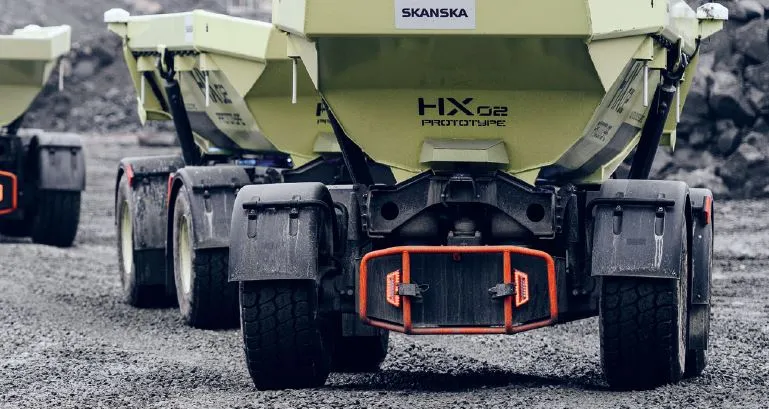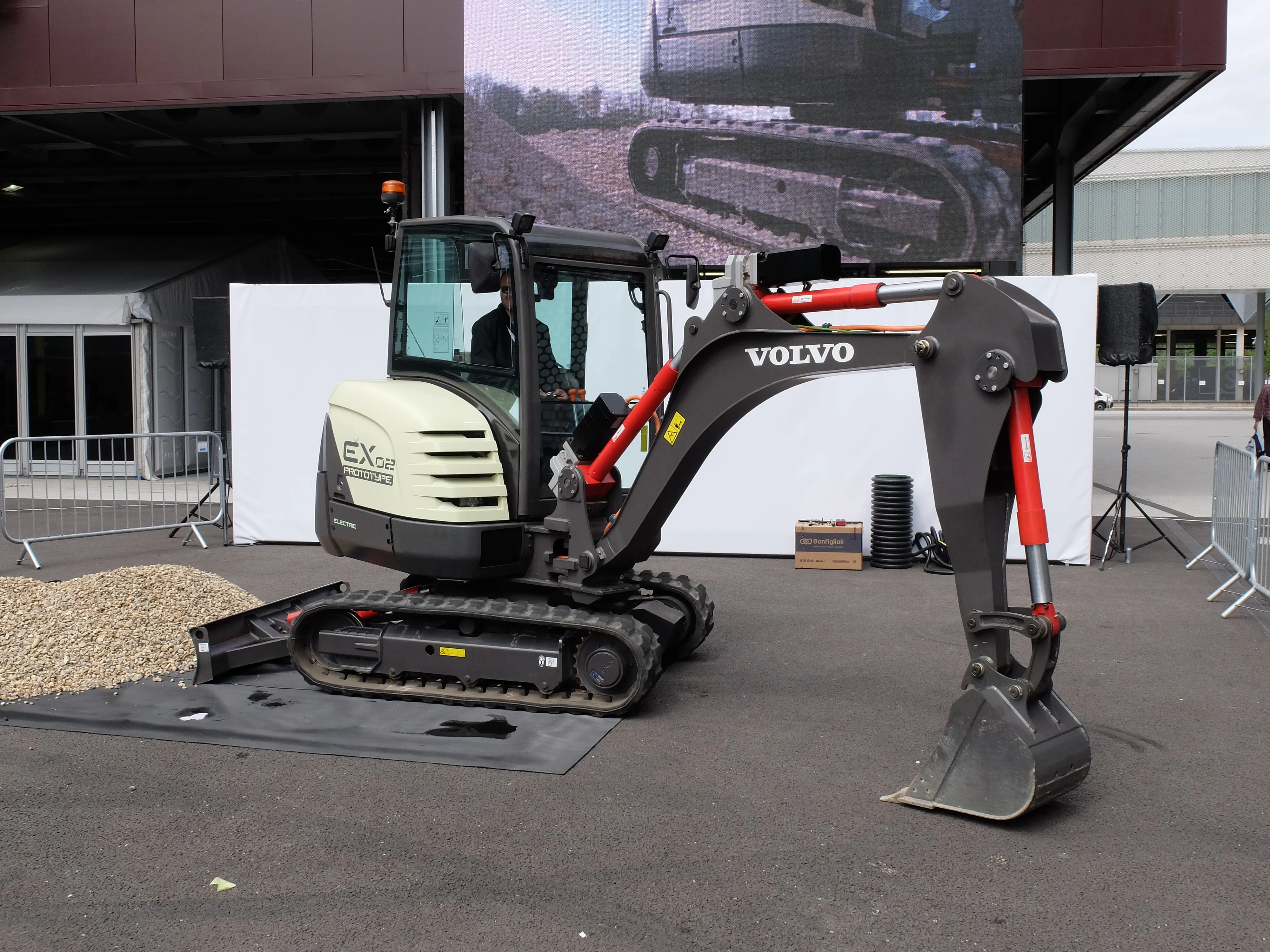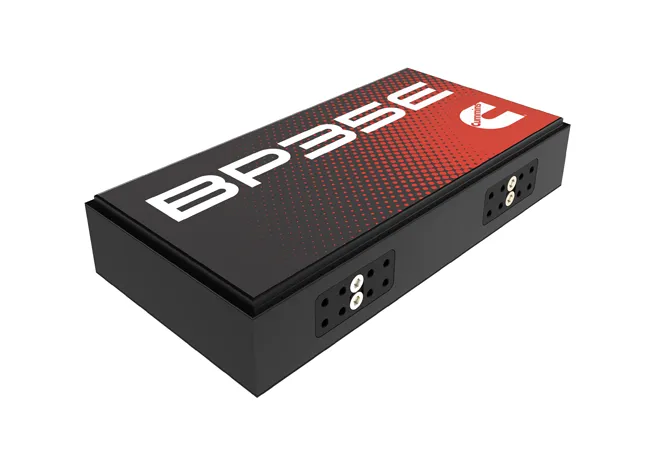Lighter and less costly batteries providing higher power densities could be a major benefit to the take-up of electric vehicles (EVs). At present, the cost and performance of electric car batteries present a barrier to the EV market. But new research in battery technology is suggesting promising alternative solutions. While such batteries will not be available commercially for some years, tests suggest these technologies could meet demands in terms of cost reduction and power density. Batteries using lithiu
January 2, 2013
Read time: 3 mins
Lighter and less costly batteries providing higher power densities could be a major benefit to the take-up of electric vehicles (EVs). At present, the cost and performance of electric car batteries present a barrier to the EV market. But new research in battery technology is suggesting promising alternative solutions. While such batteries will not be available commercially for some years, tests suggest these technologies could meet demands in terms of cost reduction and power density.
Batteries using lithium metal in one electrode and sulphur in the other offer high power densities but present risks as the high reactivity of lithium metal with water causes short circuits and fires. This latest battery technology avoids the use of lithium, presenting safety benefits and the research could deliver commercial batteries that store more than three times as much energy as the lithium-ion batteries currently used in EVs.
The new technology replaces the sulphur electrode lithium-sulphide. This becomes the source of the lithium, so the lithium metal is no longer required and can be replaced with graphite. One issue however is that lithium sulphide slows down the charging and reduces energy storage, but two recent papers introduce ways to make lithium-sulphide batteries more practical.
One of these focused on charging the battery at a higher voltage than usual for its first charge. This changes the chemistry of the electrode and addresses the conductivity problem of lithium-sulphide batteries. Another solution is to mix the carbon with lithium sulphide as this reduces the quantity of carbon needed in the cathode and could almost double the overall battery storage capacity, from 350-610Wh/kg. By comparison, conventional lithium-ion batteries in electric vehicles now typically store less than 200Wh/kg.
Meanwhile2728 Toyota’s researchers have been working on magnesium ion batteries. These use a new kind of anode, made of tin, and the same type of electrolytes used in lithium-ion batteries. Tests have been promising and further research looks set to follow. There are two primary areas of research. One is focused on making batteries with magnesium metal anode, which transfers charge efficiently but is however incompatible with conventional electrolytes.
Another potential solution is to use a different anode material that works with conventional electrolytes.
Magnesium is an abundant material and its ions have a positive charge of two. Although the chemistry involved in making a magnesium-ion battery work efficiently has yet to be perfected, use of magnesium instead of lithium could someday offer a cheaper and more energy-dense alternative, as well as being safer.
Batteries using lithium metal in one electrode and sulphur in the other offer high power densities but present risks as the high reactivity of lithium metal with water causes short circuits and fires. This latest battery technology avoids the use of lithium, presenting safety benefits and the research could deliver commercial batteries that store more than three times as much energy as the lithium-ion batteries currently used in EVs.
The new technology replaces the sulphur electrode lithium-sulphide. This becomes the source of the lithium, so the lithium metal is no longer required and can be replaced with graphite. One issue however is that lithium sulphide slows down the charging and reduces energy storage, but two recent papers introduce ways to make lithium-sulphide batteries more practical.
One of these focused on charging the battery at a higher voltage than usual for its first charge. This changes the chemistry of the electrode and addresses the conductivity problem of lithium-sulphide batteries. Another solution is to mix the carbon with lithium sulphide as this reduces the quantity of carbon needed in the cathode and could almost double the overall battery storage capacity, from 350-610Wh/kg. By comparison, conventional lithium-ion batteries in electric vehicles now typically store less than 200Wh/kg.
Meanwhile
Another potential solution is to use a different anode material that works with conventional electrolytes.
Magnesium is an abundant material and its ions have a positive charge of two. Although the chemistry involved in making a magnesium-ion battery work efficiently has yet to be perfected, use of magnesium instead of lithium could someday offer a cheaper and more energy-dense alternative, as well as being safer.








